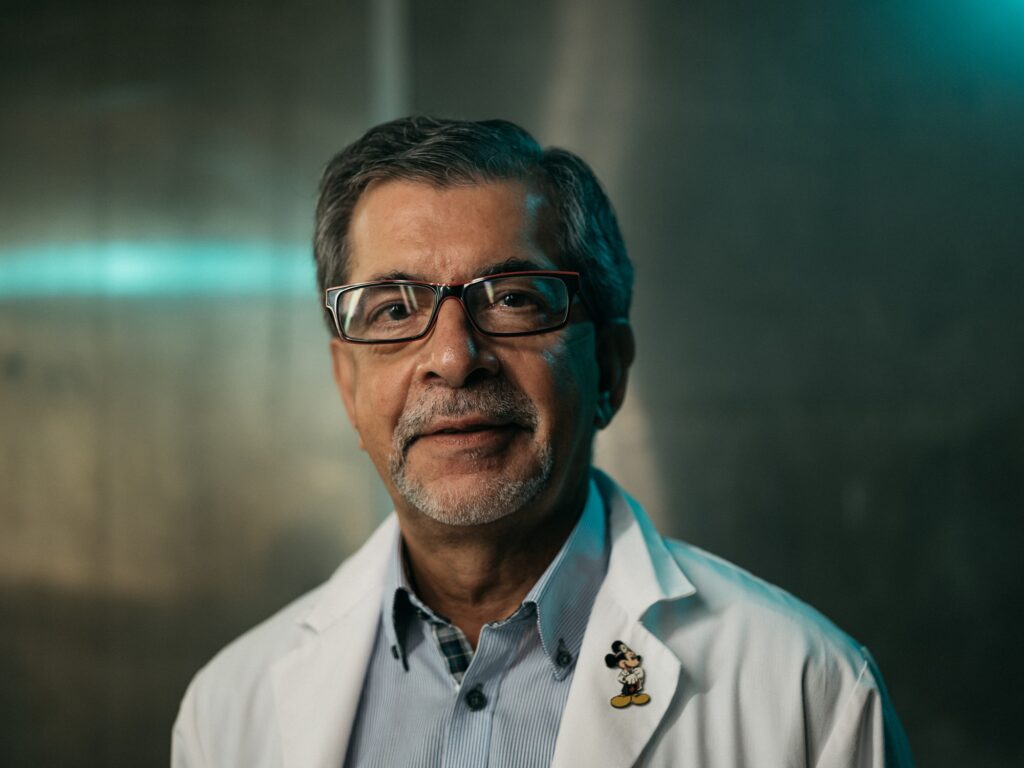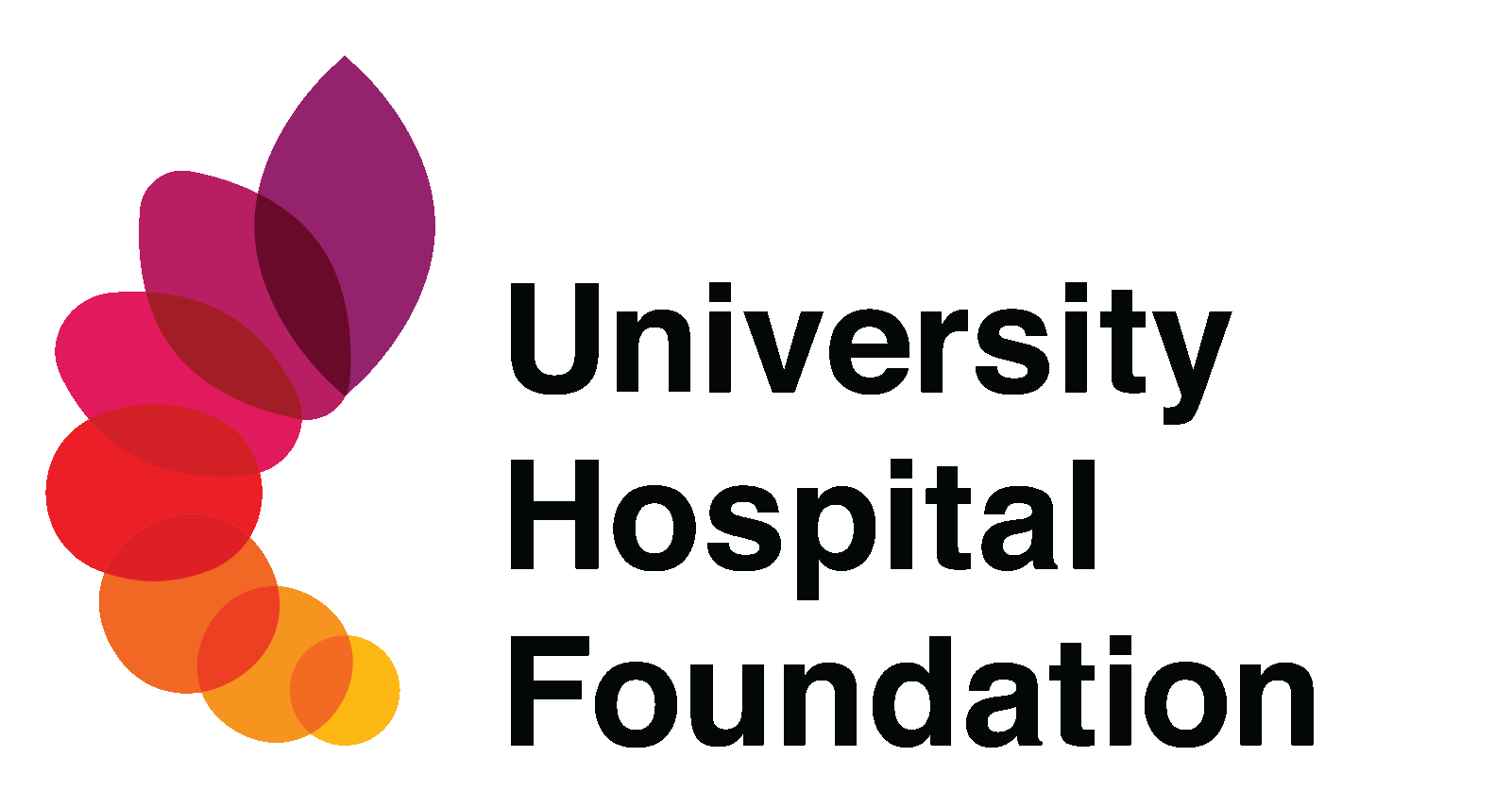Restoration Hardware
Discovery marks major breakthrough in Alzheimer’s research
Researchers at the University of Alberta believe they have found a way to restore memory in the minds of Alzheimer’s patients.
Yes, you read that correctly.
The disease that is currently afflicting roughly 50 million people worldwide, plus family members and caregivers who must bear the excruciating toll of the long, slow deterioration of the mind of a loved one, may be, in the not-too-distant future, on the way out.
The study, as published in the journal, Scientific Reports, found that mice with Alzheimer’s disease showed considerable memory improvement after receiving daily injections of a particular string of amino acids, also known as peptides, for five weeks.
Dr. Jack Jhamandas, the lead investigator of the project, reports that after the five weeks, there was less amyloid plaque buildup and inflammation in the brains of the mice. “This was very interesting and exciting because it showed us that not only was memory being improved in the mice, but signs of brain pathology in Alzheimer’s disease were also greatly improved.”
The upshot?
“I’ve spent over 20 years of my career as a clinician scientist pursuing a discovery like this,” said Jhamandas, a neurologist and researcher at the University of Alberta Hospital, and Distinguished Professor in the Division of Neurology at the University of Alberta.
“This is like hitting a home run. Our findings confirmed that we’re definitely on to something here.”
Teamed with renowned University of Alberta virologists Dr. Lorne Tyrell and Dr. Michael Houghton, 2020 Nobel Prize in Medicine winner, Jhamandas is now developing a small molecule drug in a pill form that’s based upon the amino acid compound (peptide) that worked so well on the mice. This is the final phase before clinical trials on humans can begin.
Their timing could not be better. As Alberta’s population ages, the projected increase of Alzheimer’s disease continues to soar. The same can be said for Canada, and around the world. “If you think the impact of Alzhemer’s disease is bad now, wait until 20 years from now. It will be devastating.”
However, there’s one other mountain that Jhamandas has to climb before a cure for Alzheimer’s can be found – funding.
Community support plays leading role
As if the complexities of the disease itself weren’t challenging enough, Jhamandas is constantly in search of enough financial support to keep his research moving forward.
“The greatest challenges in solving the puzzle of Alzheimer’s disease require a type of research we often call “high risk high reward,” he said. “This type of research is not typically funded by granting agencies.”
So it’s community support to the rescue – from donors to the University Hospital Foundation, who have given millions to research over the years, and from the University Hospital Foundation’s 2020 Festival of Trees.
“The cause for the 2020 Festival of Trees is Alzheimer’s disease and we could not be happier or more excited,” said Dr. Jodi L. Abbott, President and CEO of the University Hospital Foundation. “Supporting the work of Dr. Jhamandas and his team is an example of how communities in Edmonton and northern Alberta can come together and impact patient care here and around the world.”
“Community support is our greatest ally in this endeavor,” said Jhamandas. “Together, we will not stop until a cure is found.”

